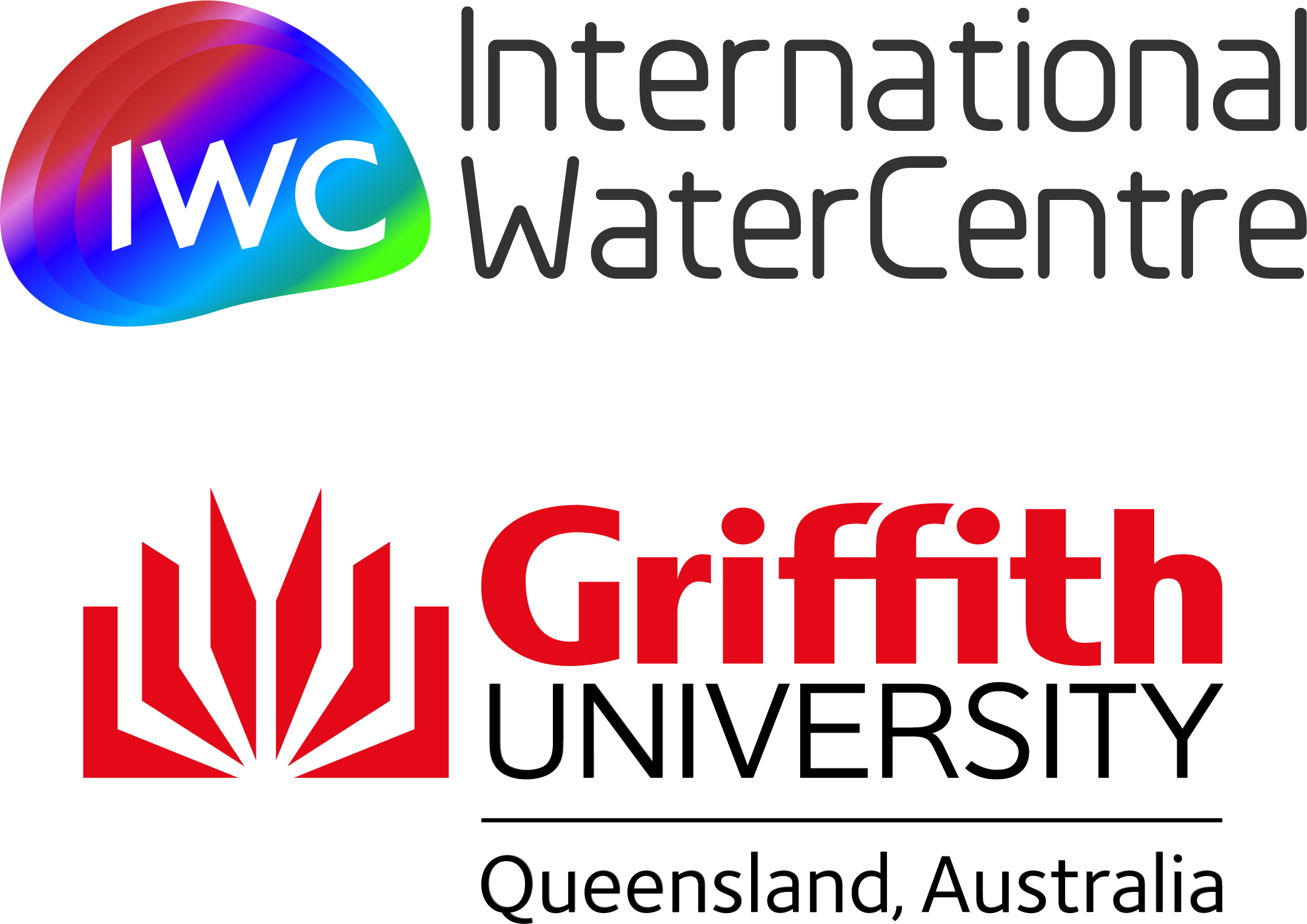The global water, sanitation and hygiene (WASH) response to the COVID-19 Pandemic –
In 2020, the world faced an unprecedented challenge: to radically and rapidly adapt to the COVID-19 pandemic. Whilst all countries had to respond, they all faced very different contextual factors influencing their response as the pandemic evolved, including population size and demographics, disease transmission rates, existing infrastructure, health care systems, and government economic levers.
At the outset, handwashing was clearly an important preventative measure against this respiratory disease. World leaders were in the spotlight encouraging people to wash their hands. WASH practitioners rolled out evidence-based campaigns adapted from existing materials, and new COVID-19 specific materials were created to support good handwashing behaviours.
The urgent need for handwashing meant there was a push to get infrastructure and supplies in place. Governments and development partners focused resources on providing rapid solutions, establishing handwashing stations and providing soap to vulnerable populations.
However, frequent handwashing proved challenging when so many people do not have access to reliable piped water. For instance in rural sub-Saharan Africa, less than a fifth of households have access to piped water services, and only 12% have a water supply at their homes [1]. A critical lack of handwashing facilities in health care centres exposed patients and workers to significant risk. Challenges were also encountered with other settings, including schools and refugee camps.
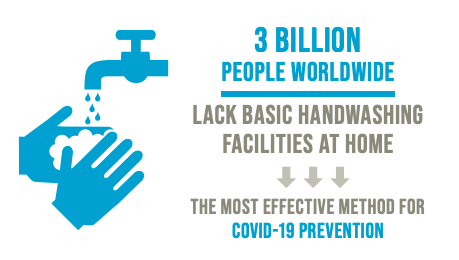
An infographic from the SDG 2020 Report [2]
The Australian Department of Foreign Affairs and Trade and the International WaterCentre, together with the Water for Women Fund and Grand Challenges Canada, are convening the WASH and COVID-19 Virtual Symposium to share knowledge around the WASH sector response to COVID-19 and the lessons going forward. The symposium program encourages participants to reflect, share and learn from our COVID-19 responses so as to improve our readiness and resilience to future pandemics and major disruptions, including climate change.
The symposium is the first of at least two virtual events leading up to the Water & WASH Futures Conference planned for early 2023.
As part of the program, an expert panel will critically reflect on the role the WASH sector played in the COVID-19 response, and what that indicates about our readiness for future shocks.
“The COVID-19 outbreak has highlighted the centrality of WASH in public health emergencies despite lacking adequate visibility. The pandemic has clearly demonstrated that WASH sectors were unprepared to handle an emergency of this magnitude. We cannot afford to continue being caught in a response cycle; we need to be proactive and strengthen sector resilience” says panelist Kelly-Ann Naylor, Chief of WASH at UNICEF.
The panel will examine whether the WASH sector got it right:
- Did we rise to the challenge?
- Were we able to successfully advocate for prioritization of WASH?
- How resilient did the WASH sector prove to be?
- How effective was the WASH sector response and collaborations?
- Did we successfully advocate for a balance between an immediate response (provision of soap to vulnerable populations) and a long term one (planning for reliable water supply systems).
- Were we able to keep issues of critical importance at the forefront in a crowded space: inclusion, investment, behaviour change, rights, long term planning?
- How well set up are we for future shocks, such as other pandemics and the shifts that will be brought about by climate change?
“The COVID-19 pandemic has caused severe disruption to economies, jobs, education and health systems. Partnerships for Recovery: Australia’s COVID-19 Development Response cuts across three vital areas – strengthening health security, maintaining social stability, and stimulating economic recovery. WASH is relevant to all three areas and to health security in particular. In other words, a WASH response is a COVID-19 response” says Peter O’Connor, Director of the Water Section in the Department of Foreign Affairs and Trade, Australia.
The COVID-19 Pandemic and WASH response panel will be held from 13:00-14:30 AEST on Wednesday 21 April 2021.
Click here for more information
The virtual symposium WASH & the COVID-19 Pandemic: Responses for recovery and resilience is a knowledge-sharing event of Water and WASH Futures. Water and WASH Futures is a partnership activity of the Australian Aid program and International WaterCentre; this symposium is delivered with the partnership of Water for Women Fund and Grand Challenges Canada. For more information, visit washfutures.com
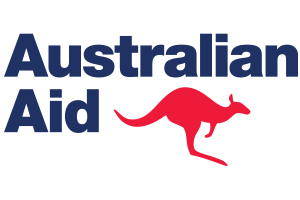
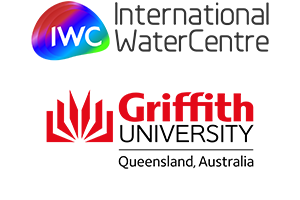
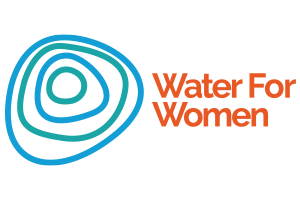
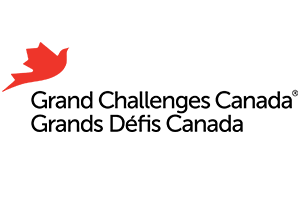
[1] https://washdata.org accessed March 30 2021
[2] https://unstats.un.org/sdgs/report/2020/The-Sustainable-Development-Goals-Report-2020.pdf accessed March 30 2021

